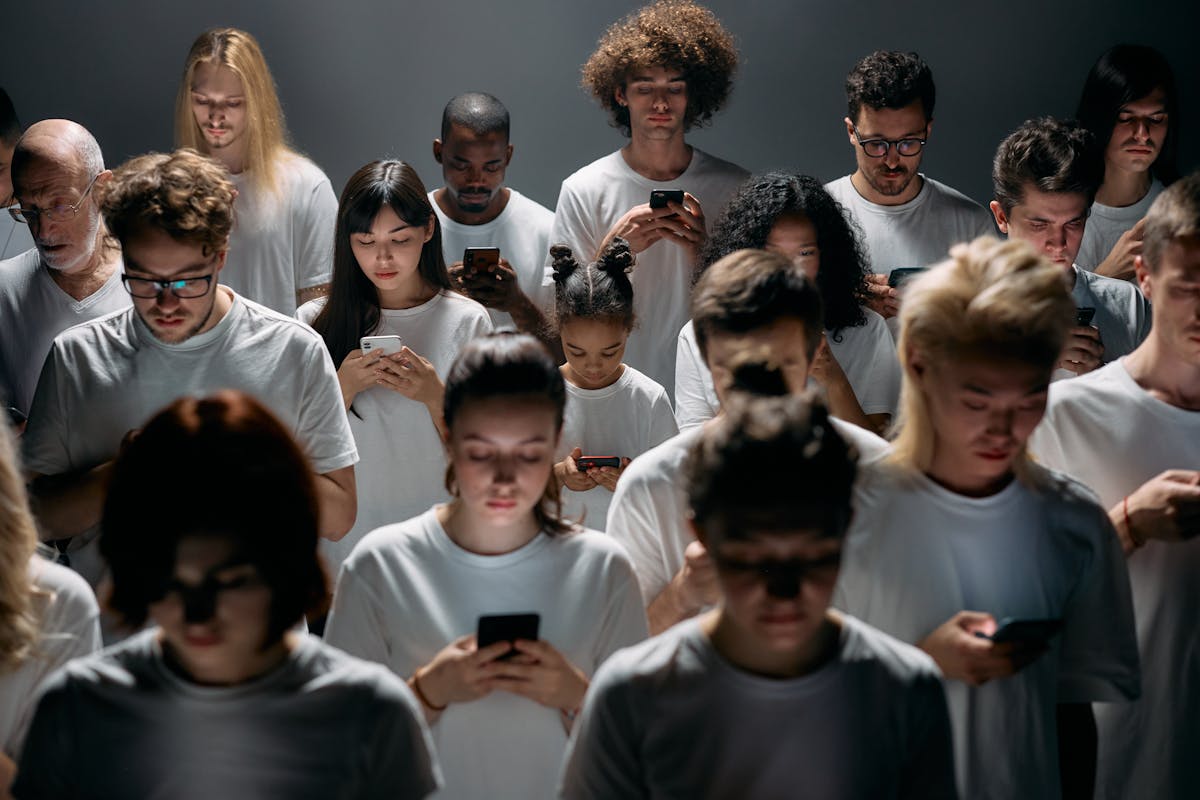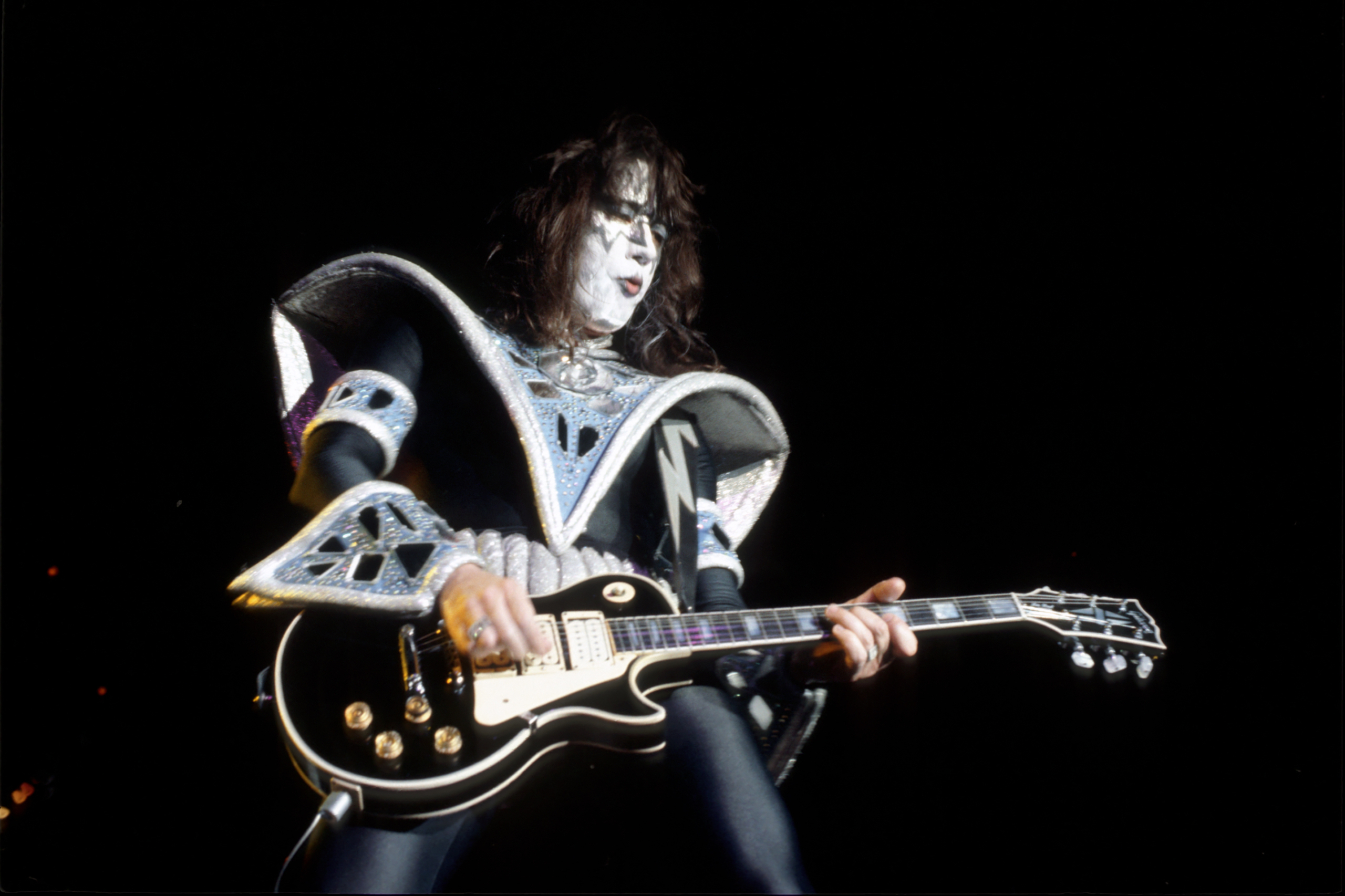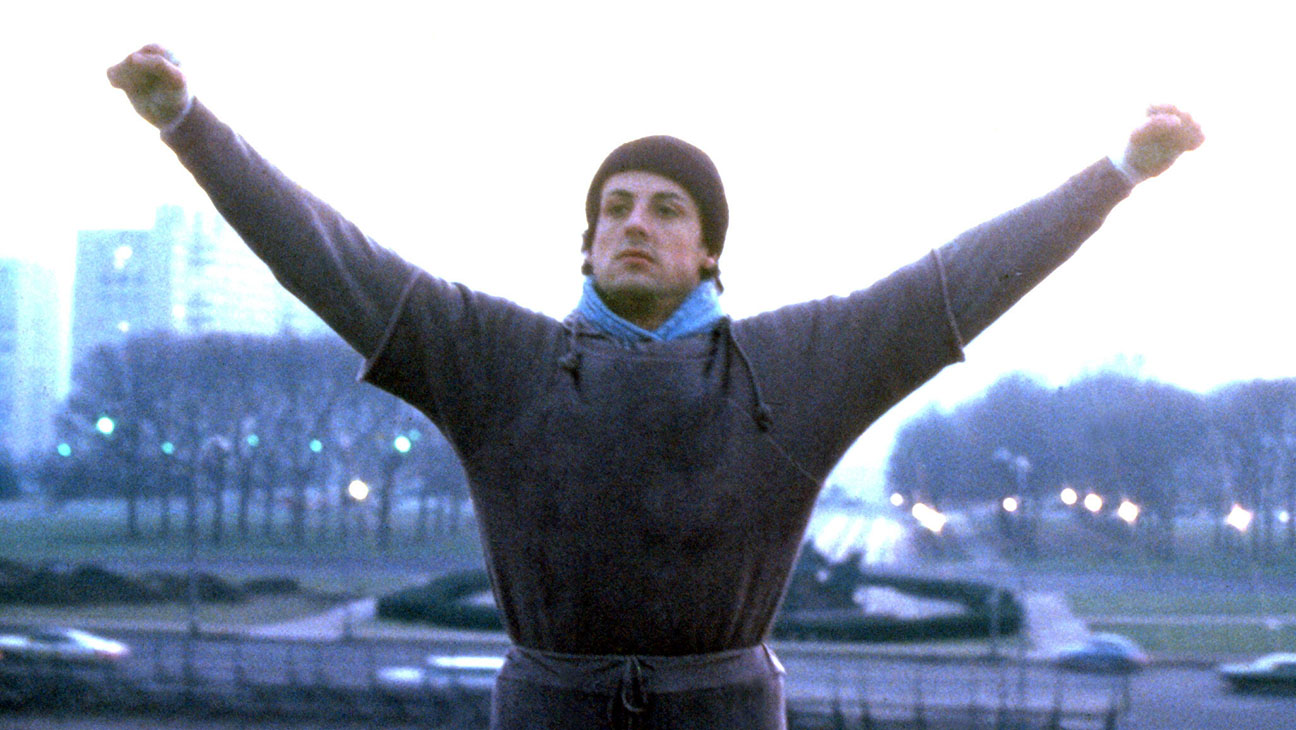The 2010 film The Social Network, directed by David Fincher and scripted by Aaron Sorkin, is more than a biographical account of Facebook’s creation. In the context of the digital age, the movie serves as a multi-faceted representation of technological disruption, the redefinition of human relationships, and the ethical ambiguities that permeate our increasingly connected society. Examining what The Social Network truly represents today requires an exploration of its themes, real-life underpinnings, and the evolving digital landscape.
Entrepreneurship in the Digital Age and the Worship of Innovation
At its essence, The Social Network vividly depicts Facebook’s founding tale, highlighting the quintessential figure of the digital age: a brilliant college dropout who revolutionizes conventional markets. The movie encapsulates the early 2000s tech surge, which turned dorms into incubators for billion-dollar enterprises. Mark Zuckerberg’s relentless ambition, portrayed by Jesse Eisenberg, reflects Silicon Valley’s spirit of innovation, where bold concepts—enhanced by programming—can transform not only economies but also the very nature of social interaction.
The film illustrates how the age of the Internet democratized opportunity while simultaneously introducing a new elite: those who possess the technical skills and vision to harness vast networks. The casting of Ivy League campuses as crucibles for tech innovation is grounded in reality. Statistical data from Crunchbase and AngelList emphasize that a significant proportion of unicorn startups originated with founders from elite universities, reinforcing the mythos that the film projects.
Redefining Friendship and Social Dynamics
The phrase, “Reaching 500 million friends comes with its share of adversaries,” highlights a core contradiction of the digital age. Social media sites, with Facebook being the most prominent, have profoundly transformed the idea of friendship. The Social Network explores the conflict between genuine personal connections and online interactions. The personal breakdown between Zuckerberg and Eduardo Saverin, who co-founded the company with him, illustrates how technology can simultaneously foster and undermine trust.
Case studies accentuate this: An Oxford Internet Institute report observed that while the average Facebook user might have hundreds of online connections, meaningful offline relationships remained stagnant or even declined, illustrating Dunbar’s number theory. The narrative power of the film is in how it mirrors this paradox—highlighting not just growth in social networks, but the cost at an individual level.
Ethics, Ownership, and the Digital Gold Rush
The issue of intellectual property is a constant presence in the film, represented by the legal disputes involving Zuckerberg, the Winklevoss twins, and Saverin. This portrayal reflects larger patterns in digital innovation: the conflict between joint creativity and fierce rivalry. The film offers a glimpse into an environment where the drive to establish ownership surpasses conventional ethical limits.
The film’s legal conflict highlights recurring themes in the tech industry, seen in cases like Google vs. Oracle or Snapchat’s beginnings, which emphasize ongoing debates about coding, concepts, and recognition. These disputes are not just narrative elements but symbolize a digital economy that frequently values rapid growth and market leadership above moral principles and fairness.
Narratives of Alienation in a Hyperconnected World
A defining undercurrent in The Social Network is the portrayal of isolation amidst connectivity. Mark Zuckerberg, even as he builds a platform designed to bring people together, is depicted as fundamentally alone—a motif frequently echoed in analyses of social media’s psychological impact. Research from the American Journal of Preventive Medicine (2017) identified a correlation between extensive social media use and perceived social isolation among young adults. The film, therefore, can be interpreted as both origin story and cautionary tale.
Through its cold color palette, fast-paced dialogue, and Sorkin’s script, the movie portrays a landscape where ambition is exhilarating but relationships are expendable. It anticipates conversations about the impact of digital platforms on mental health, self-worth, and human connection—conversations that have only intensified in a post-2010 world.
The Dynamics of Influence and Data Power
While set in the early days of Facebook, The Social Network foreshadows the enormous power that digital platforms would accrue over time. Beyond connecting friends, Facebook’s evolution into a data-driven marketing juggernaut and a pivotal actor in elections and societal discourse is not explicit in the film but resonates with hindsight. The movie’s portrayal of Facebook as a force that rapidly outpaces its own creators’ ethical frameworks mirrors persistent dilemmas about platform accountability.
Cambridge Analytica and the continuous discussions about content moderation highlight how current digital powerhouses possess an influence surpassing that of companies in past times. The Social Network serves as a forward-thinking story, encouraging viewers to consider the extent of control we actually hold over technologies that essentially define our societal reality.
Heritage for the web
Over a decade later, the impact of The Social Network persists not simply through its storytelling but as a cultural lens on our collective digital journey. Its enduring relevance lies in the questions it poses—about innovation’s double-edged sword, the mutable definition of connection, the ethics of ownership, and the profound solitude that can characterize digital life.
Viewing the film today encourages a nuanced contemplation of what we have gained and what we have forfeited in the relentless pursuit of connectivity and progress. Through its depiction of meteoric success and personal fallout, The Social Network holds a mirror to the ambitions and anxieties that define the digital age, urging continuous reflection about the trajectories we choose and the values we elevate in our networked world.





